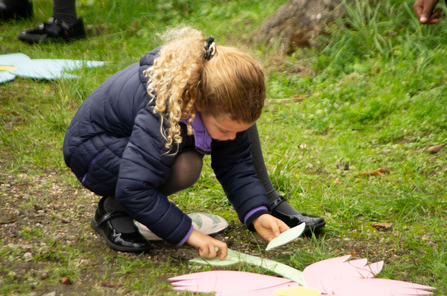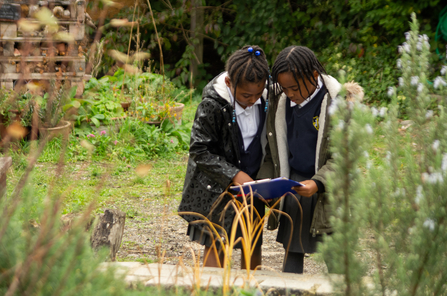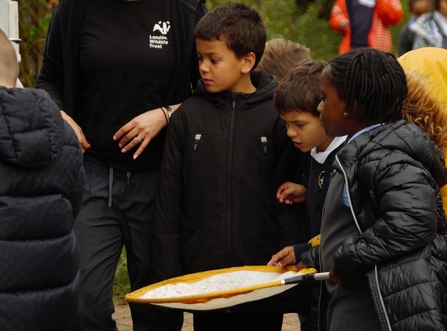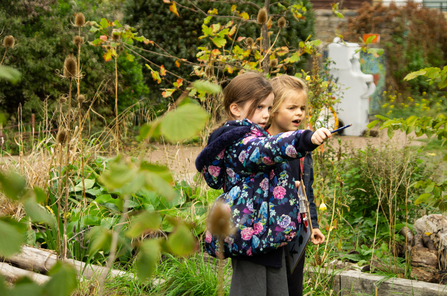The activities the children undertook directly linked to the content they were learning in the classroom, applying their knowledge to physical interactions with nature!
Getting children outdoors is a wonderful way to engage them in multi-sensory activities that allow them to explore and interact with the environment around them. Developing an appreciation for the natural world is essential in youth and invites the opportunity to experience wildlife first-hand.





